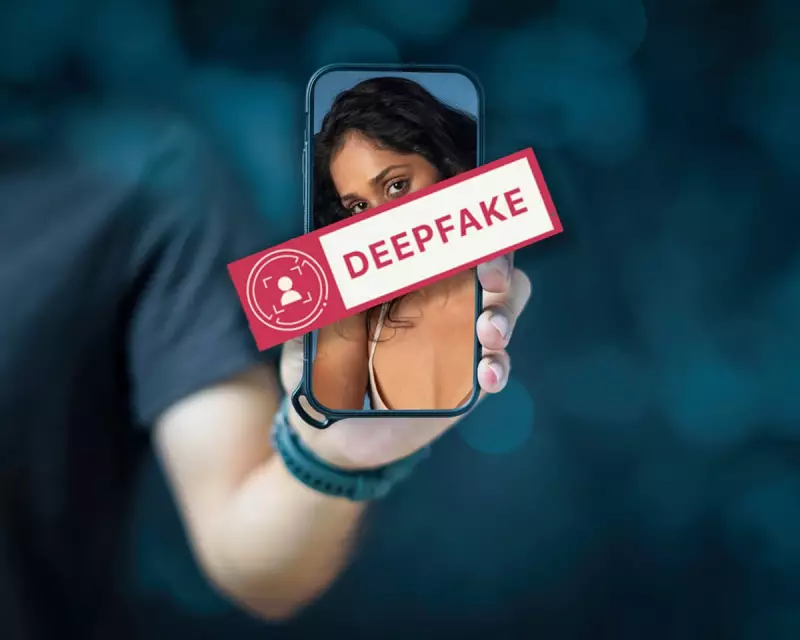
A chilling new form of digital violence is sweeping across India, where artificial intelligence is being weaponised against women with devastating consequences. Deepfake technology, once the stuff of science fiction, is now being used to create non-consensual explicit imagery that's destroying lives and livelihoods.
The Digital Nightmare Unfolding
Women across the subcontinent are waking up to find their faces digitally stitched onto pornographic content, with these AI-generated fakes being used for extortion, harassment, and public shaming. The phenomenon has escalated so rapidly that authorities are struggling to keep pace with the technological onslaught.
"I felt my world collapsing when I saw my face on that explicit video," shared one victim who requested anonymity. "The worst part was knowing that friends, family, and colleagues might see it and believe it was real."
How the Abuse Unfolds
The pattern typically follows a disturbing sequence:
- Perpetrators harvest women's social media photos
- AI tools are used to create realistic nude or explicit content
- Victims are threatened with public release unless they pay ransom
- Even when payments are made, the material often surfaces anyway
The Legal Labyrinth
India's legal system appears woefully unprepared for this digital epidemic. While the country has recently introduced stricter IT rules, enforcement remains patchy and the technology evolves faster than legislation can adapt.
Digital rights activist Priyanka Khanna explains: "We're seeing a perfect storm - widely available AI tools, weak enforcement, and a cultural stigma that makes victims reluctant to come forward. The psychological trauma is immense."
A Global Problem with Local Consequences
While deepfake abuse is a global concern, India's particular social dynamics make the situation especially perilous. In a society where female honour is often tied to family reputation, the damage from these fabricated images can be catastrophic.
Law enforcement agencies report being overwhelmed by the scale of the problem. "We're dealing with hundreds of cases monthly, and that's likely just the tip of the iceberg," admits a senior cybercrime official who spoke on condition of anonymity.
Fighting Back Against the Algorithm
There are glimmers of hope emerging from the darkness. Several organisations have launched digital literacy campaigns teaching women how to protect their online presence. Technology companies are being pressured to implement better detection systems, and legal experts are pushing for stronger protections.
As one survivor turned activist put it: "We cannot let technology rob us of our dignity. The fightback begins with breaking the silence and demanding accountability from both perpetrators and platforms."
The battle against AI-facilitated abuse represents one of the most urgent challenges at the intersection of technology and human rights. As the tools become more sophisticated and accessible, the need for comprehensive solutions - technological, legal, and social - has never been more critical.





